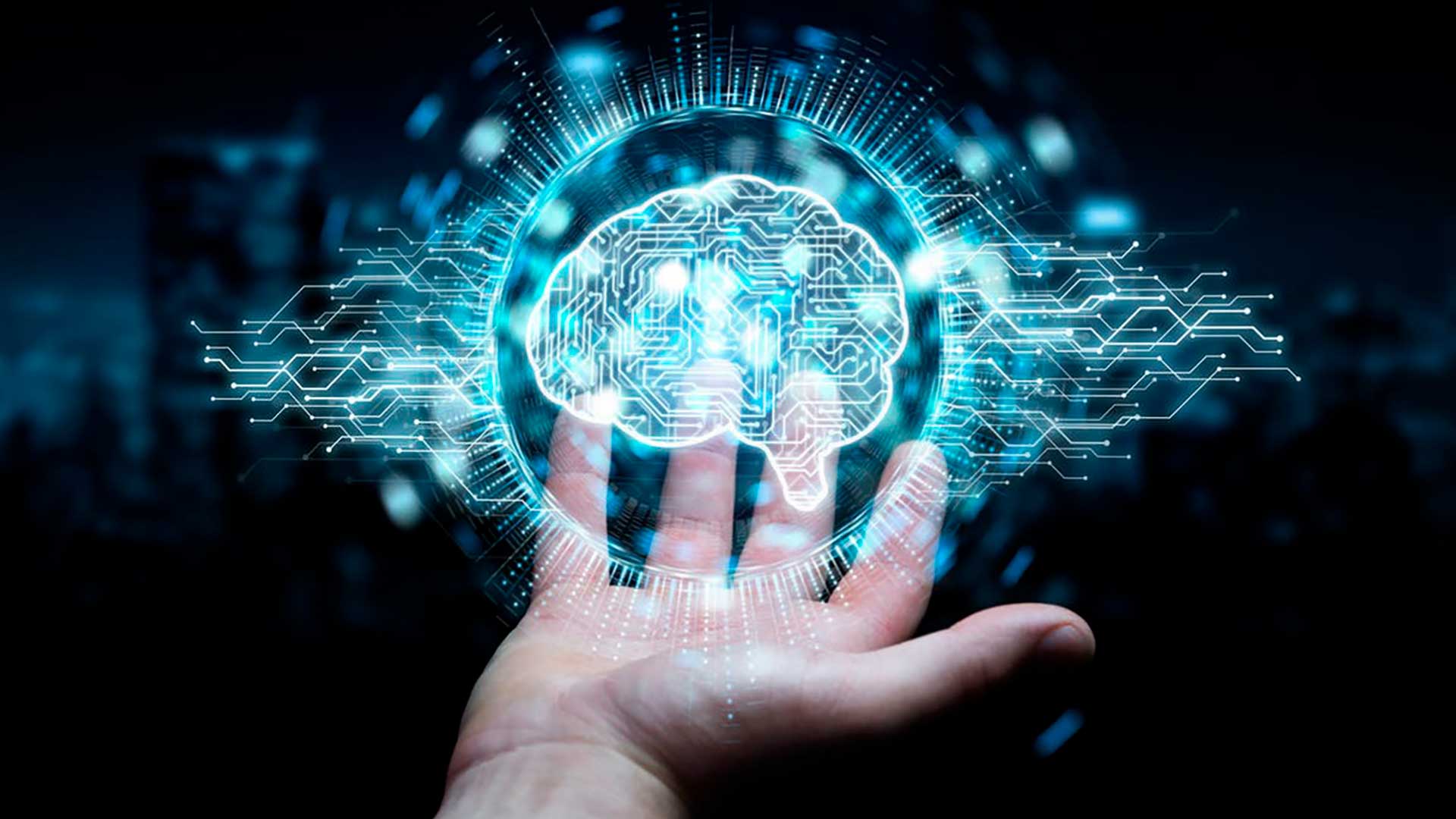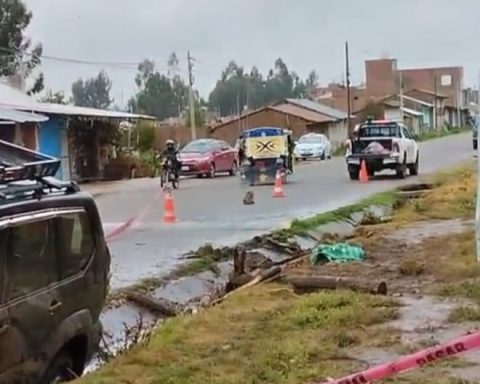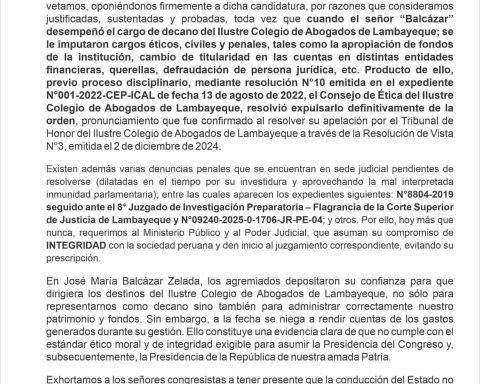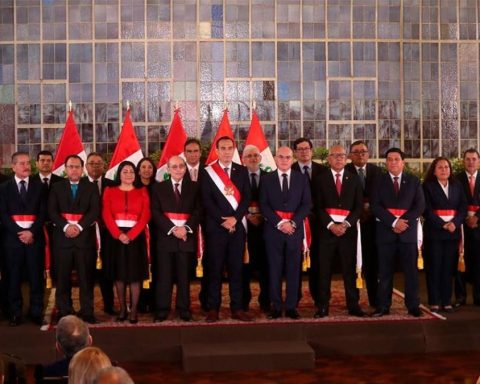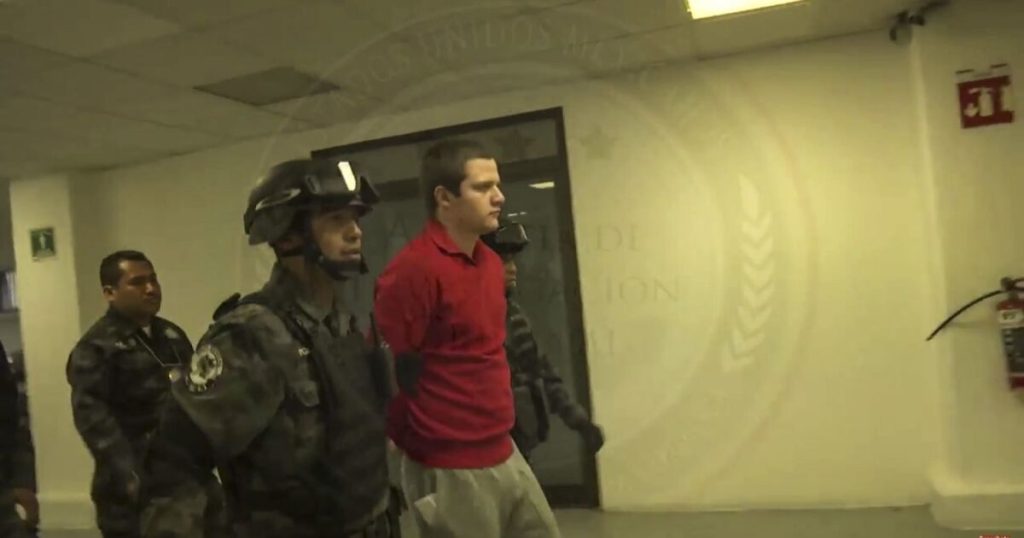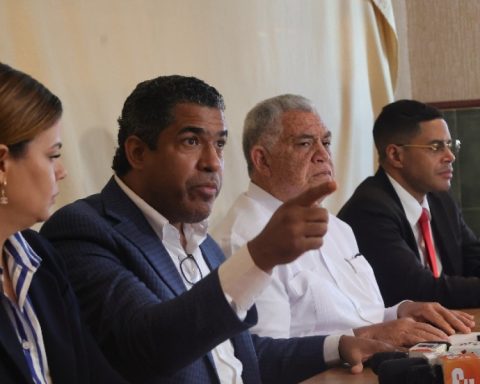Following the recent alliance between the UPC and Minerva UniversityI had the opportunity to talk with Ben Nelson, its founder. In our conversation, Nelson explained that the artificial intelligence (AI) is redefining conventional educational models and raising key questions about how we should educate future generations.
University is usually the place where students acquire theoretical knowledge, invest time and resources to obtain a degree that guarantees, among other things, their ability to face the world of work. But what happens when a computer can do the same thing as a graduate, and more quickly and efficiently? This is one of the challenges that AI presents to us today.
AI has the ability to perform tasks that previously required years of study, such as data analysis or basic programming. Given this scenario, according to Nelson, universities must go beyond teaching what machines can already do. Instead of focusing on memorization and repetition, the educational system must focus on developing critical thinking, creativity and complex problem-solving skills.
Digital is not a threat, but a tool that can free us from routine tasks and allow us to focus on what really matters: deep learning. But this change also implies a challenge for educational institutions. They need to be redesigned to ensure that students do not just memorize information, but learn to apply it in innovative ways in real and changing situations.
The future of education is not in textbooks or big buildings. It is in the ability to use AI as an enhancer. The question is not just whether we are ready, but whether we are already late.
